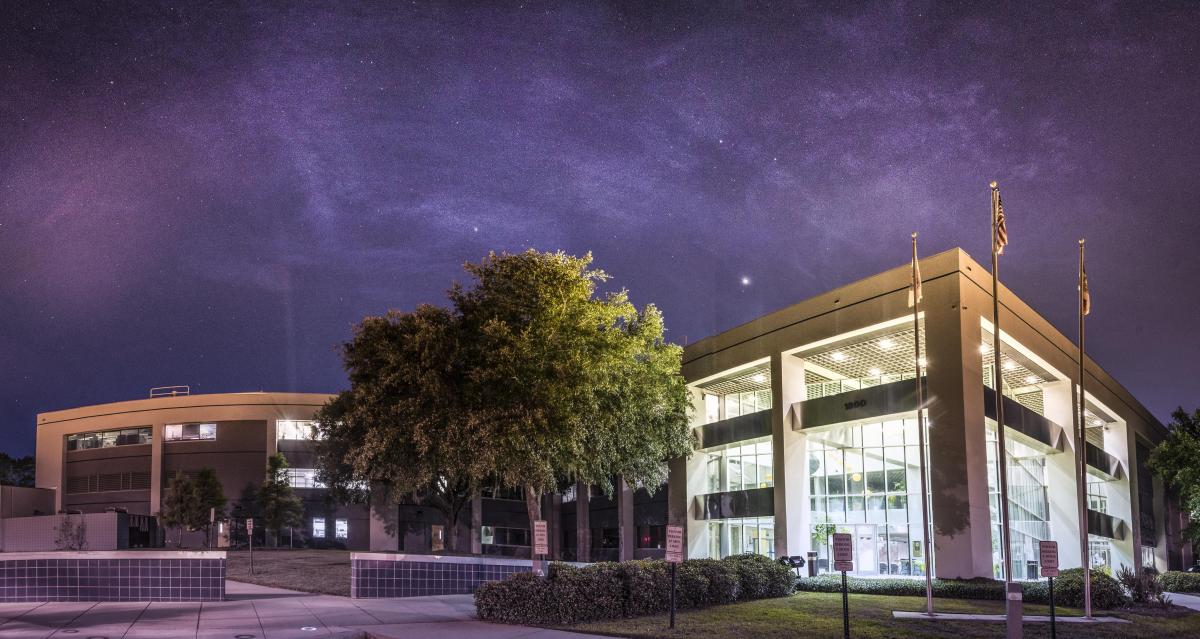1 March 2023
Oxford Instruments and MagLab’s Applied Superconductivity Center Partner on High-Temperature-Superconducting Materials for High Field Research Magnets

Aiming to leverage the knowledge and skills available at the National MagLab’s Applied Superconductivity Center (ASC) in combination with its own superconducting magnet design expertise, Oxford Instruments, a leading provider of high-tech products and services to scientific research and applied quantum technology communities, has signed a licensing and sponsored research agreement to explore magnet technology based on a Bismuth-based superconductor, Bi-2212.
“We started studying Bi-2212 in the 1990s and returned to it again around 2007 because of its unique geometry,” explains David Larbalestier, Ph.D. Marie Krafft Professor, Chief Materials Scientist of the National High Magnetic Field Laboratory & Professor of Mechanical Engineering at the FAMU-FSU College of Engineering. “In 2014, a discovery that the overpressure processing we had used for another bismuth-based conductor could be applied to Bi-2212 was game changing in yielding the kinds of critical current density that make this conductor’s applications very exciting.”
“The discovery and development of new quantum materials and their underlying physics is a significant underpinning of quantum technologies and the future green economy. Physicists need not only high magnetic fields, but the greater access, stability and uniformity that all-superconducting magnets bring. This is why today’s announcement is so important,” says Matt Martin, Senior Director of Engineering at Oxford Instruments NanoScience. “By combining the expertise and facilities developed at MagLab with Oxford Instruments’ proven track record manufacturing magnets for our customers around the world, the transition of the Bi-2212 technology from promising R&D through to a range of applications can now be realised.”
The agreements between Oxford Instruments and the MagLab’s ASC will not only result in research with exciting commercial potential but also provide new training opportunities and prospective career paths for students and post-doctoral students studying Bi-2212.
“Our continued relationship with Oxford Instruments has helped propel the entire magnet technology field forward - expanding the number of scientists who use magnets for their research and growing a strong commercial magnet sector that now employs many professionals trained here at ASC,” said Larbalestier.
Stacey Patterson, Vice President for Research at FSU added, “Universities play a key role in moving science from the lab out into the world. The partnership between the MagLab’s ASC and Oxford Instruments is a great example of how industry and universities can collaborate to propel technology forward, create commercial opportunities and provide training for students looking to add to their skill sets.”
To learn more about the exciting work on Bi-2212 at the MagLab’s Applied Superconductivity Center, visit https://nationalmaglab.org/magnet-development/applied-superconductivity-center/research-areas/bscco/ or see more of FSU’s research commercialization technologies available for license at

